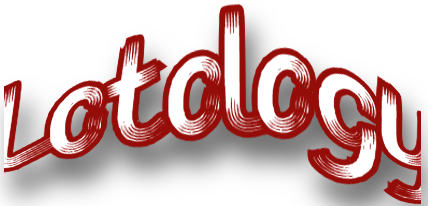Creating custom aerosol packaging is a complex yet rewarding process that transforms an idea into a tangible product ready for the market. As a leading aerosol can manufacturer, we guide brands through every step of this journey, ensuring that the final packaging meets both functional and aesthetic requirements. This article provides a detailed overview of the development process, from initial concept to the final product on the shelf.
Step 1: Understanding Client Needs
The journey begins with a thorough understanding of the client’s needs and goals. Whether it’s for automotive, chemical, or cleaning products, each industry has unique requirements for custom aerosol packaging.
Key Questions to Address:
- What is the target market and consumer profile?
- What are the functional requirements of the product?
- Are there specific branding or design preferences?
- What are the sustainability goals?
By answering these questions, we can create a tailored plan that aligns with the client’s vision.
Step 2: Concept Development and Design
Once the requirements are clear, the next step is to develop a concept that balances aesthetics, functionality, and cost-efficiency.
1. Designing the Structure
The shape and size of the aerosol can are determined based on the product’s volume, application, and target audience. For example, a compact can might be ideal for travel-sized products, while a larger can suits industrial applications.
2. Choosing Materials
Materials play a crucial role in the durability and sustainability of custom aerosol packaging. Aluminum is a popular choice due to its lightweight, recyclable, and corrosion-resistant properties.
3. Creating Visual Designs
The packaging design is developed to reflect the brand’s identity. This includes selecting colors, logos, and typography that resonate with the target audience.
Step 3: Prototyping and Testing
Before moving to mass production, a prototype is created to test the design and functionality of the custom aerosol packaging.
1. Functional Testing
The prototype is tested for durability, pressure resistance, and compatibility with the product. This ensures that the packaging can withstand transportation and usage without compromising safety.
2. User Experience Testing
The ease of use, spray mechanism, and ergonomics are evaluated to ensure a positive consumer experience.
3. Design Refinement
Based on feedback from testing, the design is refined to address any issues and optimize performance.
Step 4: Production and Quality Control
Once the prototype is approved, the production phase begins. As an experienced aerosol can manufacturer, we employ advanced technologies and rigorous quality control measures to ensure consistency and excellence.
1. Material Preparation
High-quality materials are sourced and prepared for production. This includes cutting, shaping, and coating the metal to meet design specifications.
2. Printing and Labeling
The packaging is printed with high-resolution designs and labels that align with the brand’s identity.
3. Assembly and Filling
The aerosol cans are assembled, filled with the product, and sealed to ensure leak-proof performance.
4. Quality Assurance
Each batch of custom aerosol packaging undergoes rigorous testing to ensure it meets safety, durability, and performance standards.
Step 5: Packaging and Distribution
The final step is preparing the custom aerosol packaging for distribution and retail.
1. Secondary Packaging
The aerosol cans are packed into boxes or cartons for safe transportation.
2. Labeling for Retail
Retail-ready labeling, including barcodes and product information, is added to facilitate easy stocking and sales.
3. Global Distribution
With a robust supply chain, we ensure that the packaging reaches clients worldwide efficiently and on time.
Conclusion: Bringing Your Vision to Life
The journey of creating custom aerosol packaging is a collaborative process that requires expertise, creativity, and attention to detail. By partnering with a reliable aerosol can manufacturer, you can transform your concept into a high-quality product that stands out on the shelf and resonates with consumers.
Want more insights? Keep visiting Lotology for the latest updates and information!
